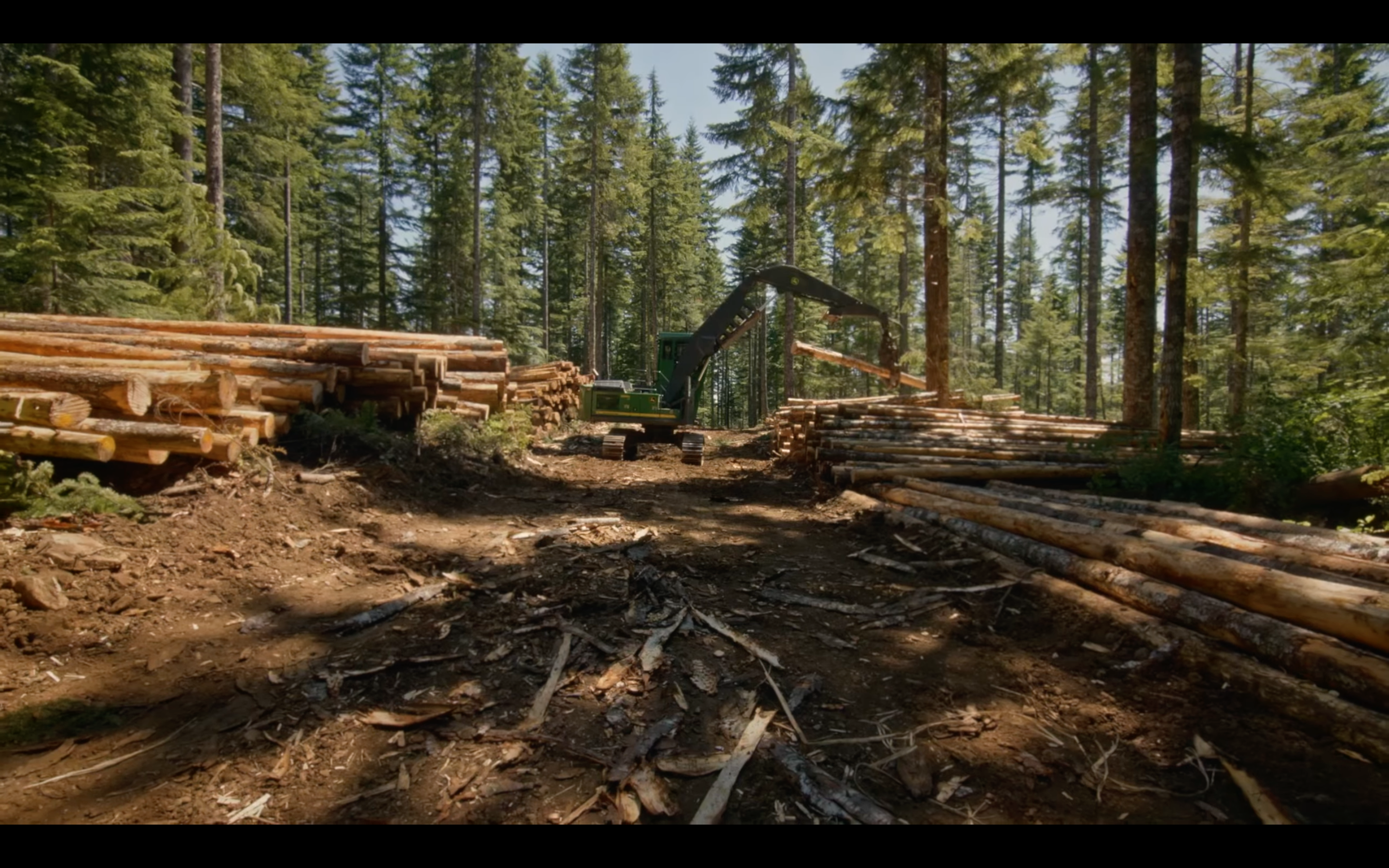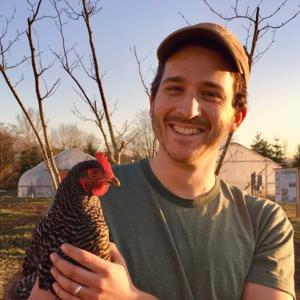Protect the best, restore the rest: Managing forests for a climate-changed future
Ecological forest management is gaining traction across the Pacific Northwest as a way to produce wood products while fostering biodiversity, forest health, and climate resilience. Ecological foresters manage forests as dynamic ecosystems—not tree farms—to produce a wide variety of benefits in addition to wood products, such as functional wildlife habitat, watershed health, recreational opportunities, and carbon storage. Ecological forestry entails mimicking natural disturbances like wildfire and wind throw to create structurally-complex and biodiverse forest ecosystems. This can be accomplished through the application of various thinning regimes, extended harvest rotations, small gap cuts, and robust riparian reserves. Another major tenet of ecological forestry is to permanently protect the mature and old-growth forests that still remain.
Ecological forestry is now being wielded as a tool to enhance the resilience of forests, watersheds, and nearby communities to the impacts of climate change. Scientific research has found that structurally-complex forests are more resistant to wildfire when compared to homogenous tree plantations. Recent research has also found that improved forest management practices can augment low summer streamflows—providing more water in our streams and rivers when farmers and fish need it most.
Come learn about the promises (and challenges) of ecological forestry, and get updates on innovative pilot projects currently underway in western Washington.

About the Speaker

Alexander is the policy lead for RE Sources’ land use and water protection programs. Alexander completed a graduate program in Environmental Policy at Western Washington University in 2022, where his research focused on how community-driven forest stewardship can help restore the Nooksack watershed. Having grown up in southern Oregon, Alexander graduated from the University of Oregon with a degree in Philosophy and Political Science. Alexander has worked for numerous conservation nonprofits on various policy issues ranging from public forest management and wildfire mitigation to ecological forest management and climate mitigation. Alexander and his partner live in the South Fork Nooksack River valley near Acme, and spend most of their free time homesteading, floating the river, or rambling through the woods.
Environmental Speaker Series
The Environmental Speaker Series is hosted by the College of the Environment at Western Washington University.
The Series is free and open to the public. Talks are held each Thursday at 4:30 pm in Academic Instructional Center West room 204 - AW-204. Talks will also be streamed via zoom. Register with the Alumni Association for the zoom link. Paid parking is available in lot C.
Learn more about the Environmental Speaker Series
Subscribe to the Email List